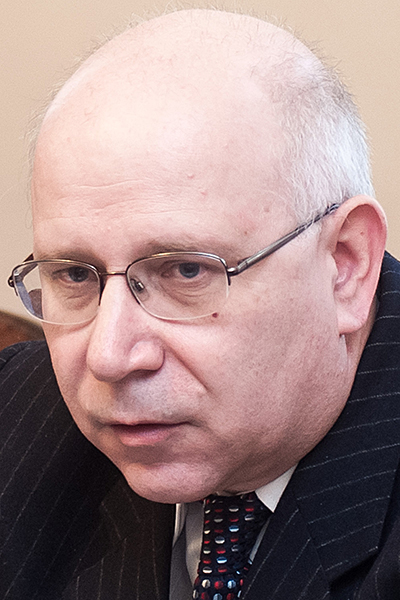
Our struggle for the good reputation of Poland is one way in which we can increase Poland’s safety and reinforce our national independence.
In conversation with Maciej Świrski, President of the Polish League Against Defamation, an NGO defending the good reputation of Poland internationally.
What are the main goals of the Polish League Against Defamation?
Our primary goal is to change the negative perceptions of Poland in Western media and society. We want Poland to be treated with respect. We are following good examples and practices, for example the Anti-Defamation League, which promotes the positive image of Jewish people globally.
Another goal of ours is to fight the false representations of Poland. This not only about history. Poland is now under a massive assault from foreign propaganda. That is why we keep tabs on the authors of slanderous remarks and those who use phrases such as “Polish concentration camps”. However, we also provide verified news on the current political situation in Poland. We have foreign language information packs on various subjects, such as the origins of the Polish Constitutional Court crisis or the reforms to be driven by the current government. We send these packs to European MPs and foreign media.
We are also trying to reinforce Polish national identity and challenge what we call pedagogy of shame, which is now part and parcel of anti-Polish propaganda that defames Poland in the international arena and makes it impossible for us to defend. That is why we are trying to strengthen Polish national pride by organising exhibitions, concerts, location-based games and a variety of publications.
We are now working hard to expand the Polish League Against Defamation Documentation and Analysis Department. Our researchers and analysts use a semi-automatic system that helps them discover whenever defamatory remarks about Poland appear on the Internet. We are developing the department to find out what slander against Poland is perpetuated and who stands behind it. We have to bear in mind that “Polish camps” and other phrases of this kind are misinformation pure and simple. Misrepresentations are one of the most powerful weapons in contemporary information warfare.
Our struggle for the good reputation of Poland is one way in which we can increase Poland’s safety and reinforce our national independence.
What are the major achievements of the Polish League Against Defamation to date?
One such achievement is a large number of disclaimers in newspapers and magazines that defamed Poland. The other is a lawsuit against the creators of the racist and anti-Polish TV series Generation War. Our lawyers, including Monika Brzozowska and Lech Obara, have developed a legal doctrine approved by Polish tribunals, which stipulates that whenever your national interest has been violated you can take the offender to court.
We have also agreed with British Airways that they will not show the film Ida on flights. With the mobilisation of public opinion, we have also had an explanation added to Ida‘s opening credits. The feature describes the true role of Polish people during World War II.
How can we address the issue of the falsification of Polish history? Do you think terms such as “defective codes of memory” do justice to the problem?
The term “defective codes of memory”, which was coined by the previous government, only confuses the issue and blurs the lines of responsibility. We have to make it clear that these lies and slanderous remarks are not “defective codes of memory”. We have to be politically correct as we convey our message to the Western world. We have to communicate clearly that “Polish concentration camps” should be stigmatised as racist hate speech targeted against Poland; that this is based on Holocaust denial and designed discriminate against Polish people in the international arena. Sadly, the language of political correctness is the only language that the Western media seem to understand. Bringing forth Polish values and Polish dignity is to no avail. We are touching upon a broader issue that both the US and Western Europe are dealing with at the moment. They have no true points of reference, which is best reflected in the fact that the term “Polish camps” is used in the media.



